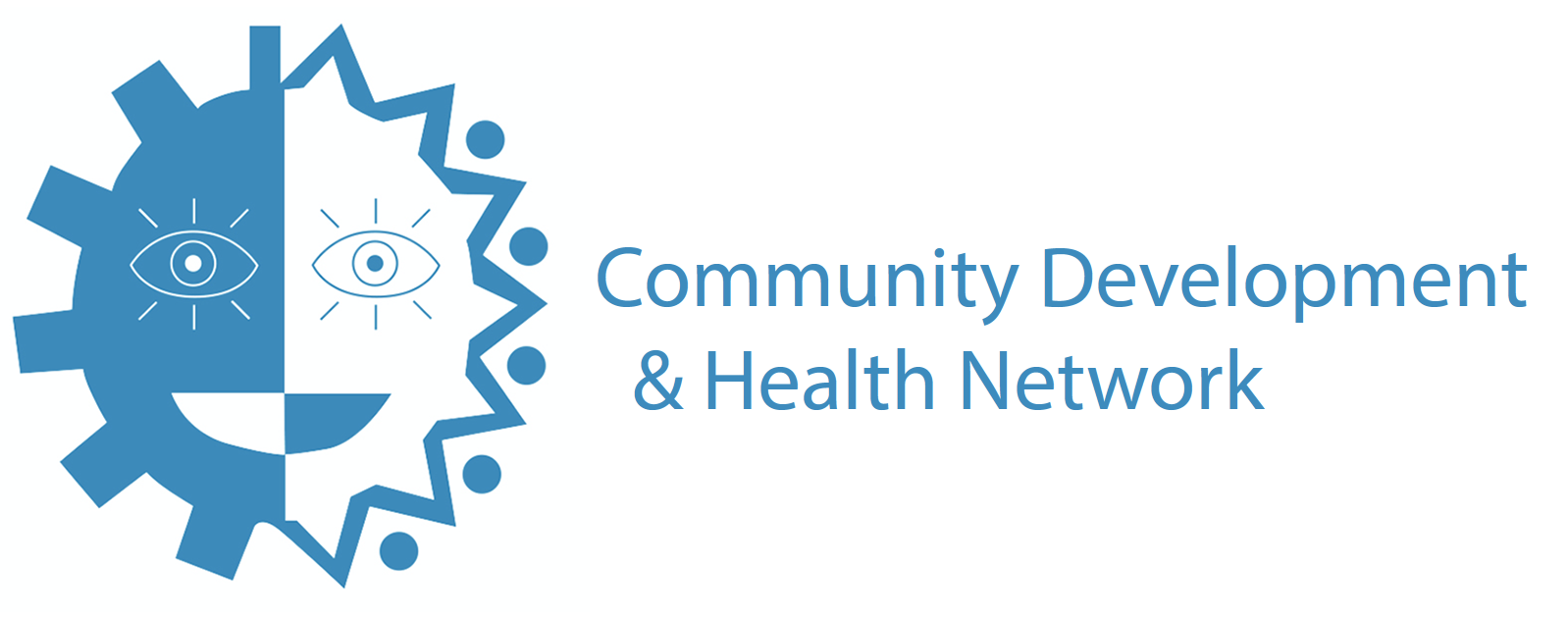Who can apply for funding?
You must be a pharmacist who has commitment and support from a pharmacy contractor, a constituted community group or voluntary organisation. Statutory organisations cannot apply but can support applications and assist in developing projects.
What do you mean by community development?
CDHN recognises that community development is a long term value based process that enables people to organise and work together to identify their own needs and aspirations; take action to exert influence on the decisions that affect their lives; and improve the quality of their lives, the community in which they live and the societies of which they are a part.
Community development is a process by which a community defines its own health needs to bring about change. The emphasis is on collective action within communities, working with other groups and agencies to redress inequalities in health and access to health care. It values local support networks and recognises the benefits of involving people at the earliest opportunity in identifying their own health needs and exploring new ideas and finding solutions to problems they face. It is about valuing and utilising people's knowledge, skills and expertise as well as that of the pharmacist and community/voluntary partner. 'Working with' as opposed to 'doing to' is encouraged as it helps us understand the situation in which people are living and to find solutions and plan collective action to meet needs appropriately.
Community development, in the context of the BCPP project applications, is about defining needs from a local perspective and working with local people to address their health needs. It is also about evaluating the needs of the targeted group and their current knowledge and expertise. For example, if you plan to work with teenagers, it is important to see how they view their health and the knowledge they have on health issues. Using this as a basis, a programme should be developed to suit their needs which will make use of their knowledge and skills and increase their understanding of health and the issues surrounding it.
What happens if you're not sure who to work with?
Whether you are a pharmacist or a community group, think about what people, groups and organisations you could contact. Find out what is happening in your area then think about how you could connect with this. CDHN is a membership organisation and we will put all our energy into helping you make links and partnerships. Sometimes you’ll be amazed about what is going on locally!
What do you mean by a partnership?
This project should be about valuing the skills of the pharmacist, the local people and those working across the community, voluntary and statutory sectors. It is not about one person being the expert or having all the knowledge. The partnership is also about developing new skills by learning from others that are involved, for example, a pharmacist learning to work with groups. It is important that this is clearly detailed as a partnership approach on the application form. However, we also recognise that partnership working requires time, energy and commitment. We understand that for many of you, this is new and it will be your first time working in partnership.
What can a pharmacist bring to the project?
Please remember that your Community Pharmacy is a resource and an important place where you can access information, support and signposting. Projects are often used as a means to help people develop a better understanding of how they can make full use of their pharmacy services.
We encourage the pharmacist to work with other providers that will help broaden the pharmacist’s, partners’ and participants' understanding of an issue and what is impacting on their health. For example, if mental health is part of the BCPP Project, the pharmacist may have the opportunity to link with organisations such as AWARE Defeat Depression.
The pharmacist could work with your targeted group in a community setting or they may be needed to give advice in the pharmacy.
Pharmacists are experts in medicines and how you should utilise them. Discussions on medicines whether they are prescribed or Over the Counter medicines will naturally occur during your project.
It is important to remember there is a lot more knowledge the pharmacist can share with your target group. They are also knowledgeable about a range of issues e.g. asthma, diabetes, mental health, arthritis, heart disease, children's health, cancer and alcohol use.
Pharmacists offer health checks however these are not the primary purpose of the project and pharmacists should be encouraged to cover a wide range of topics with a group using delivery and facilitation styles that encourage participation of the target group, for example, use quizzes and small group work to encourage shared learning.


